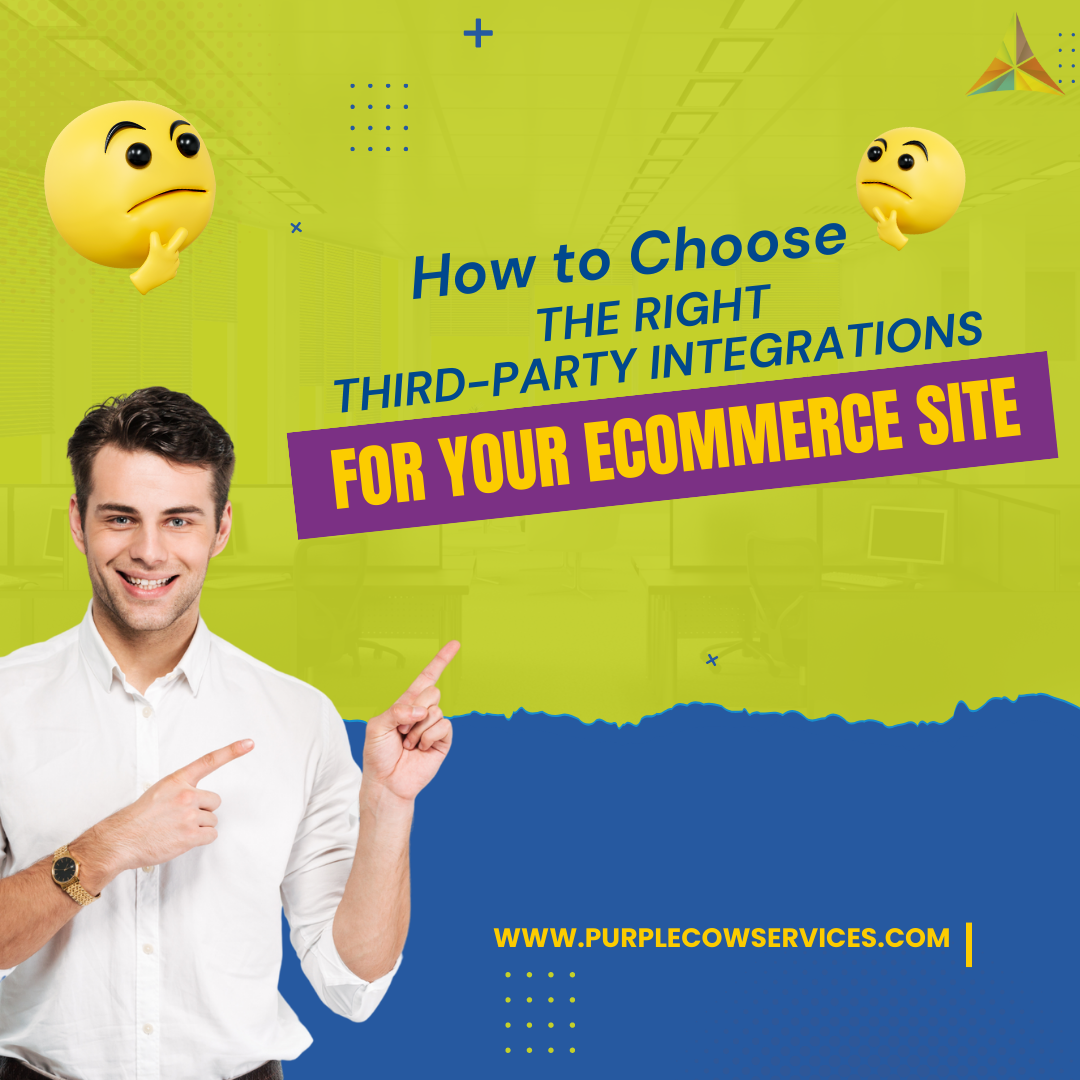Understand Your Business Needs
Before selecting any third-party integration, it’s essential to understand your business needs. Consider what you want to achieve with your eCommerce site and the areas that you need to improve. For example, if you want to streamline your order fulfillment process, you may want to look for shipping and fulfillment integrations. If you want to improve your customer engagement, you may want to consider email marketing or chatbot integrations.
Consider Your eCommerce Platform
Another crucial factor to consider is your eCommerce platform. Not all third-party integrations work with every eCommerce platform, so it’s crucial to choose ones that are compatible with your platform. For example, if you’re using Shopify, you’ll need to select integrations that are compatible with Shopify. Research the compatibility of your chosen integrations with your eCommerce platform to avoid technical difficulties and delays.
Evaluate the Features and Functionality
It’s also essential to evaluate the features and functionality of the third-party integrations you’re considering. Look for integrations that offer the features and functionality that meet your business needs. It’s important to note that some integrations may offer more features than you need, so you should prioritize the ones that align with your business goals.
Check for User Reviews and Ratings
Before selecting any third-party integration, it’s vital to research and read user reviews and ratings. User reviews and ratings can provide insights into the performance and reliability of the integration. Look for reviews and ratings that align with your business goals and priorities.
Consider the Costs
Cost is an important factor to consider when choosing third-party integrations. While some integrations may be free, others may require a monthly or annual subscription fee. Consider your budget and weigh the costs against the benefits and ROI of each integration.
Evaluate the Support and Customer Service
Another essential factor to consider is the support and customer service provided by the integration provider. Look for integrations that offer comprehensive support and customer service to ensure that any technical issues or problems are resolved quickly and efficiently.
Consider the Integration Process
It’s important to consider the integration process before selecting any third-party integrations. Some integrations require a more complex integration process, while others are more straightforward. Consider the resources you have available and the complexity of the integration process before selecting an integration.
Consider the Security and Privacy
Security and privacy are critical factors to consider when choosing third-party integrations. Look for integrations that comply with industry standards for security and privacy, such as PCI DSS, GDPR, and CCPA. Consider the sensitivity of the data that will be shared with the integration and ensure that it’s protected and secure.
Choose Integrations that Align with Your Long-Term Goals
Lastly, it’s crucial to choose integrations that align with your long-term goals. Consider your business’s growth and scalability when selecting integrations. Look for integrations that can accommodate your business’s growth and expansion in the future.
Conclusion
Choosing the right third-party integrations is essential to the success of your eCommerce business. By following the guidelines and tips provided in this blog, you can choose integrations that meet your business needs, align with your goals, and provide a positive ROI. Take the time to research and evaluate your options to ensure that you choose the right integrations for your eCommerce site.
Are you struggling to choose the right third-party integrations for your eCommerce site? Let Purple Cow help! Our expert team can guide you in selecting the best integrations to improve your site’s functionality, enhance the customer experience, and increase your bottom line. Don’t miss out on the benefits of third-party integrations – contact Purple Cow today!














